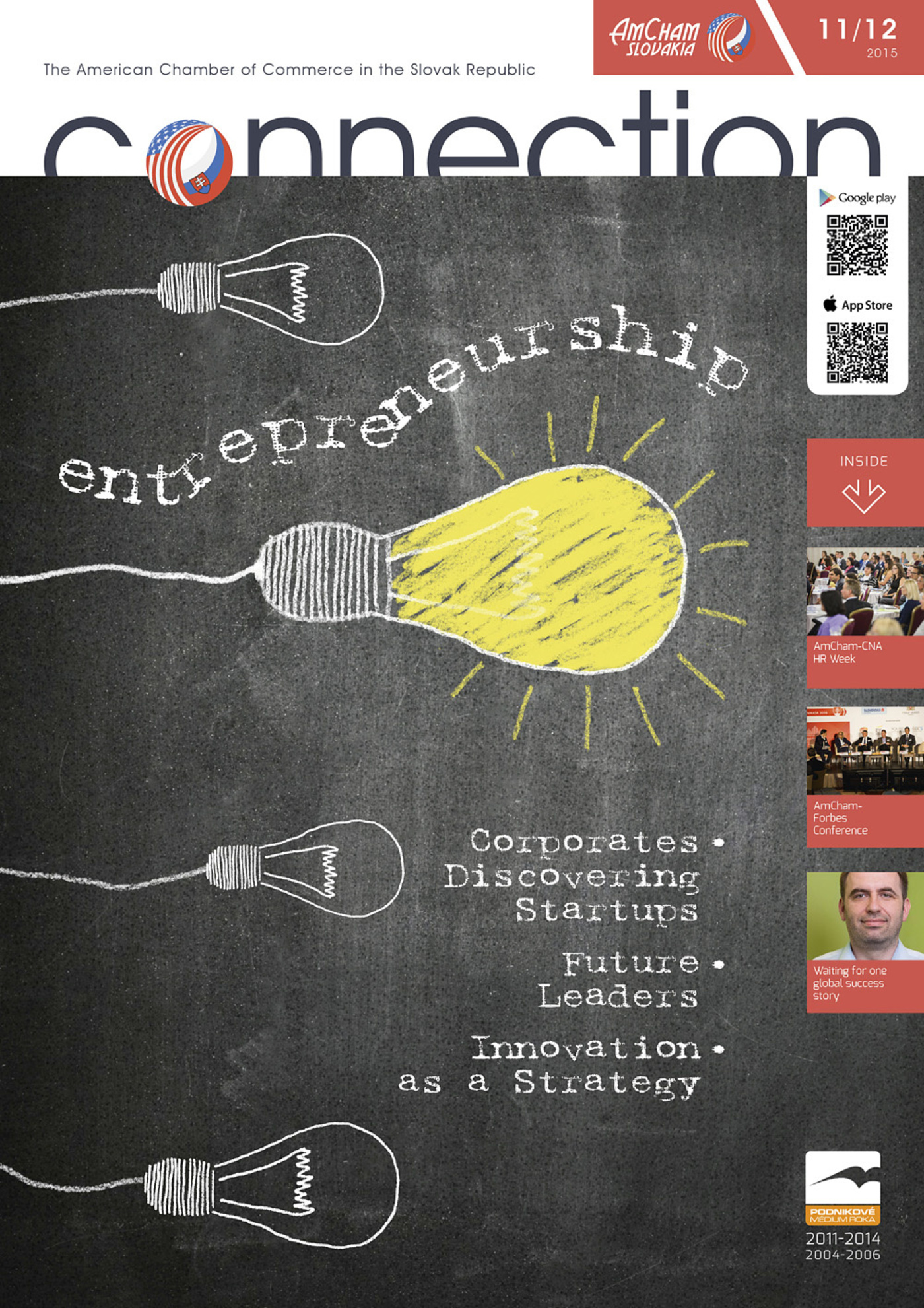Many books have been written on the importance of leadership, even more on the power of entrepreneurship. Over the past 25 years, the Central and Eastern Europe (CEE) region has come a long way along the path to economic and social prosperity. The journey has been slow and arduous, with both the nations and their leaders learning on the job what it actually means to develop and shape a society. Now, faced with new serious social and economic challenges which make the headlines on a daily basis, the CEE region more than ever needs high-quality leadership at all levels of society: from top-ranking politicians to ethical entrepreneurs, local leaders, and engaged individuals, all driven by the desire for sustainable development of their communities. How and where do we find leaders who will steer our societies through times of profound social change precipitated by technology taking over many traditional jobs and professions?
In general, every society has only two sources of leaders at their disposal: either they come from abroad or are developed internally. Slovakia and Central Europe could draw on both – the number of students, professionals, scientists, artists, and business people residing abroad is considerable. Vladimír Baláž, an economist with the Slovak Academy of Sciences, estimates their number is 250,000, which is over 10% of the country’s labor force. The experience they have gathered abroad is a valuable source of know-how, which could be used by Slovakia if they return. However, persuading these people to return is difficult, and only provides a partial answer to the challenge.
The other part of the problem is investing in our own young talent, making sure that the time spent in our educational system is as effective, exciting, and formative as possible. Given the advances in technology and societal needs, traditional knowledge-based learning is no longer exciting or sufficient to prepare them for the challenges of the information-rich real world. Teaching skills such as soft skills, financial literacy, networking, and teamwork is more powerful and enables young talents to impact their communities and drive change. However, even this is no longer enough.
What is really exciting in today’s education, is shifting attitudes and mindsets. Can we help the young generation care for the communities around them? Can we show them how to truly empathize with their peers, empower them to identify their needs and devise solutions? How do we ignite passion for science, humanities, entrepreneurship and leadership? Is it possible to help them see the world as one global stage whose interlinked problems require a global mindset and global cooperation? Can we teach the new generation to be ethical leaders so that the skills they acquire are used to create a positive, rather than a negative, impact?
At LEAF, we have piloted the principles of comprehensive student development by providing young talents from the CEE region with an attitude-forming, ethics-based, real-life-connected education. During our summer camps, our participants practice the mindset of need-based design thinking with established entities such as Dobrý Anjel, the City of Bratislava Public Transport Company, start-ups such as sli.do and Pixel Federation, and new projects such as TEDx Youth Bratislava. The students were first introduced to their end-users, got to understand their needs, and then designed, piloted and tested their solutions. In all cases, the students demonstrated very strong ownership of the projects, increased engagement, and high-quality results.
Students were very focused on their work and even confronted team members who were not giving their best. In doing so, they showed courage, and learned valuable lessons about teamwork, self-awareness, and the importance of excellence. They would sometimes push themselves even beyond our expectations to finish their work.
Naturally, increased ownership results in better quality output. As an example, the student-run TEDx Youth conference in Bratislava in February 2015 was excellent as regards its organization in comparison with other professionally-organized events. Similarly, student proposals to Dobrý Anjel came to fruition when the organization decided to implement their suggestion to include the donation of material into their portfolio. Other examples include former participants attending prestigious universities, organizing community projects, starting NGOs and businesses, and speaking at global fora.
Giving young talented people the responsibility and accountability to channel their creative energy into entrepreneurial and community-based projects, helping them acquire the necessary mindsets, teaching them the skills they need to work on projects and providing them with extensive information sources, coupled with the ability to critically evaluate them, has proven to be an extremely effective tool for their empowerment as regards entrepreneurship and leadership.
The good news is that globally more and more individuals and institutions are beginning to realize the need to help in creating the next generation of entrepreneurial leaders for their communities. Be it the Winchester College in the UK, the King’s Academy in Jordan, the African Leadership Academy in Johannesburg, ISAK in Japan, or the future LEAF Academy in Bratislava, which opens its gates in September 2016. The final results of their endeavors will be evident in their respective societies in around 20 years’ time, but an initial impact is already visible today in the form of their students’ drive and desire to contribute to building a more positive future for both the local and global society.
Matúš Kurian, STEM Coordinator, LEAF
Peter Reťkovský, Entrepreneurial Leadership Coordinator, LEAF



Follow us